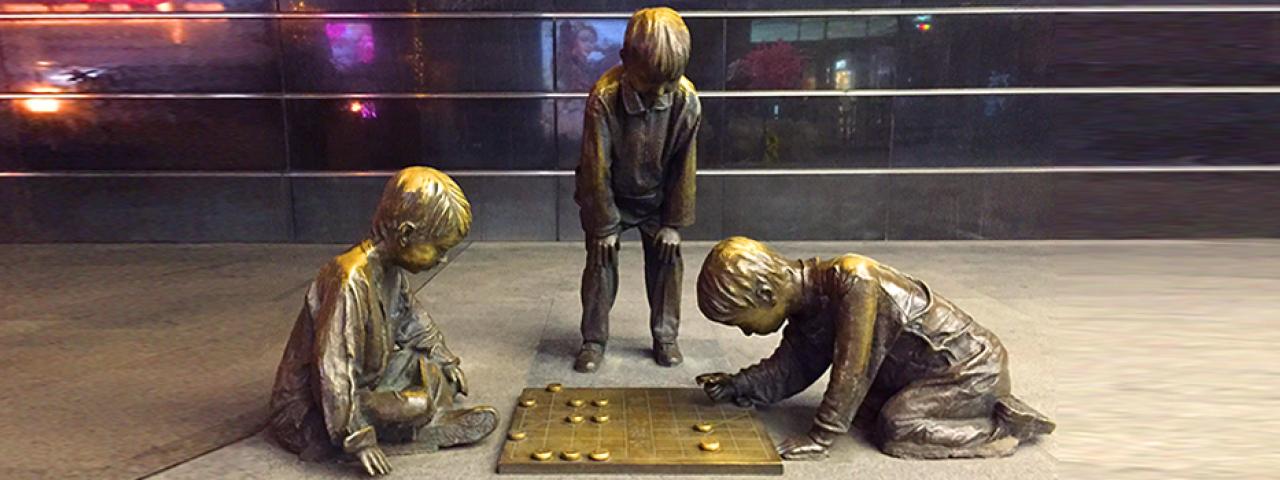
Most of us have been told by a teacher or parent, “If you lie down with dogs, you will get up with fleas” or (近朱者赤、近墨者黑) -- basically, ‘one takes the color of one’s company.’ It turns out this is also true of antisocial behavior and depression among adolescents, who gradually spend more and more parentally unsupervised time being influenced for greater or for worse, by their friends.
NYU Shanghai Assistant Professor of Psychology Lixian Cui is among several authors recently published in the Journal of Applied Developmental Psychology, with a study titled “Direct and indirect links between peer factors and adolescent adjustment difficulties.” The study looked at 206 low-income families of ethnic minorities from the Mid-Western United States, and investigated how peer influence affects the way adolescents regulate emotion.
“Namely, characteristics of friends (e.g., antisocial behavior, emotion regulation) or dynamics of daily peer interaction (e.g., co-rumination) may shape the adolescent's ability to effectively modulate negative emotions,such as anger and sadness,” the study reads.
Intimacy, companionship, trust and loyalty -- these are all developed in the social context of peer relationships. Adolescents who keep company with “negative role models” who “reinforce and endorse maladaptive behavioral and cognitive styles,” will more likely turn to aggressive and antisocial behaviors. Violence, drug use, and ruminating on negative thoughts and moods are often introduced from one ‘friend’ to another and these “delinquent-reinforcing contexts...lead to depressive symptoms.”
What about positive peer role models? The study demonstrated that surrounding oneself with positive peers aids in developing better emotion management skills and can help curb the onset of antisocial behavior and depressive symptoms. Parents also play a critical role in teaching emotion management skills and guiding children away from deviant peers.
“It is also likely that discussing daily struggles and problems with good friends...may create supportive and safe contexts for youth to vent their emotional frustrations...Interventions focusing on at-risk adolescents might benefit from acknowledging the role that peers play in emotional development.”
The study’s other authors include Michael M. Criss (Oklahoma State University), Benjamin J. Houltberg (Fuller Theological Seminary), Cara Bosler (OSU), Amanda Sheffield Morris (OSU), Jennifer S. Silk (University of Pittsburgh).

